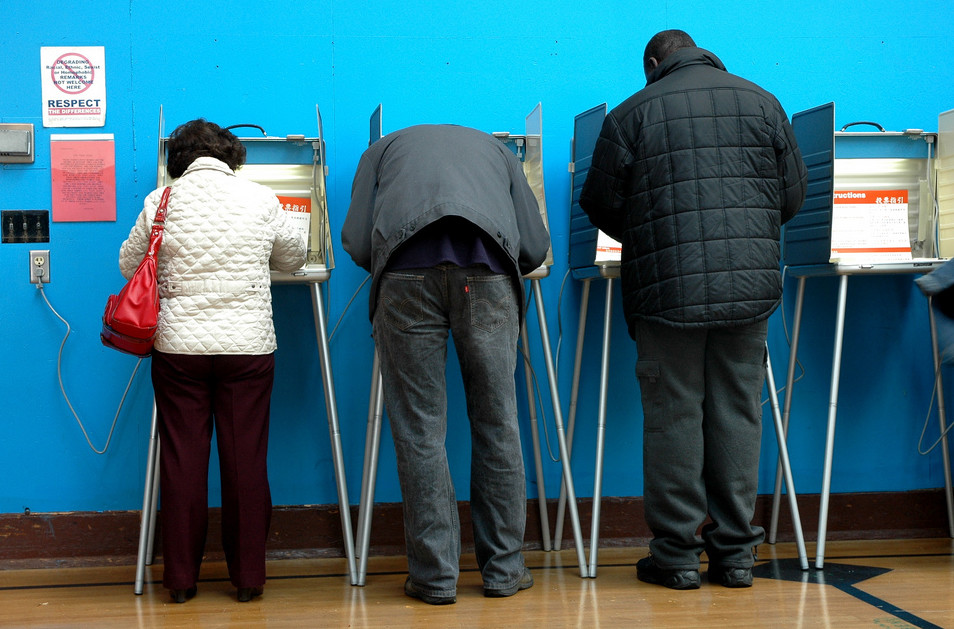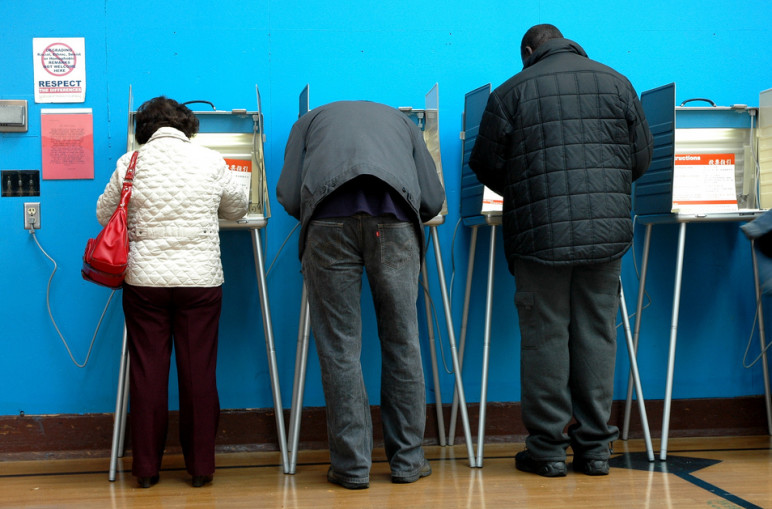Honest Elections Seattle, I-122, would lower the city’s campaign contribution limits to $500 per donor for all candidates, down from the current limit of $700. For non-mayoral candidates choosing to participate in the Democracy Voucher program, I-122 would lower the contribution limit further, to $250.
Opponents argue that Seattle’s campaign contribution limits are low enough already. Here’s one rendition of that claim:
Seattle already has one of the lower contribution limits of any major American city. Portland has no limit. New York City allows donations of $4,950 to the Mayor’s race and $2,750 to the City Council. Chicago has a limit of $1,500, and sprawling Los Angeles a limit of $1,300.
Opponents are trying to confuse or frighten voters. Portland, it’s true, has no contribution limit, because Oregon bans such standards. Reformers in Oregon have long struggled to strike that ban from the state constitution. Portland is not a counterexample, therefore, but a failed case in the movement to dilute big money.
Similarly, no one concerned about the corruption of local democracy would look to Chicago as a shining example of clean government. New York? Los Angeles? The point of Honest Elections Seattle is not to emulate the biggest cities’ rules but to match the best policies in the United States, wherever they are found. Judged on that standard, I-122’s contribution limits would place Seattle among leading US jurisdictions—those that have made limiting big money a priority, as shown in the table below.
The state of Alaska and the city of San Francisco both limit contributions to $500. The cities of Berkeley and Oakland limit them even more tightly unless, in Oakland’s case, candidates agree to cap their own spending. Colorado, Connecticut, and Montana restrict contributions for local races more than does I-122. These places may not be flashy like New York or Los Angeles, but they have cleaned up their elections.
In this, as in all things, Honest Elections Seattle assembles the best practices in protecting democracy from the influence of big money. In this, as in so many other things, opponents are blowing smoke.
Best Practices in Campaign Contribution Limits
| Jurisdiction | Contribution Limits from Individuals |
| Berkeley | $250 per candidate (Source) |
| Oakland | $700 for any candidate agreeing to voluntary expenditure ceilings; $100 for any candidate who does not agree to expenditure ceilings (Source) |
| San Francisco | $500 per candidate (Source) |
| Alaska | $500 limit, all offices (Source) |
| Colorado | $1100 statewide candidates, $400 for state legislature, board of education, district attorney (Source) |
| Connecticut | $1000 for CEO of town; $250 all other municipal offices (Source) |
| Maine | $775 per local candidate (Source) |
| Montana | $170 per local candidate (Source) |
Thanks to Margaret Morales, Sightline research associate, for her work on this article.










Steve
Our Contribution limited has worked well. This plan was poorly written,
and will not stand up in Federal Court. and it will cost the taxpayers at least
$250,00 in attorney fees if it wins. VOTE NO I-122